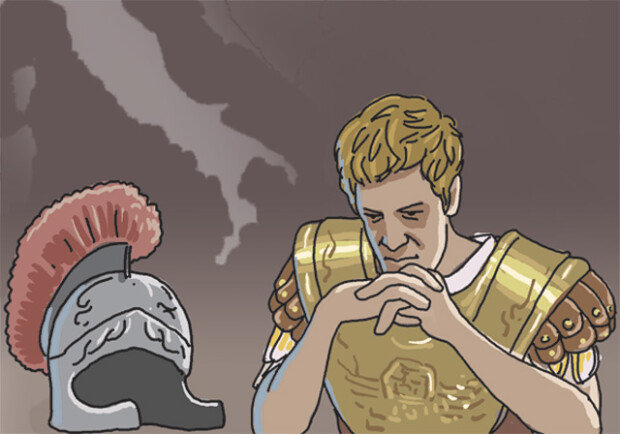Super Cannae
Super Cannae
Posted March. 31, 2020 08:02,
Updated March. 31, 2020 08:02

War is tragic, and battles are ferocious. Both the victorious and the defeated lose their beloved ones, with their life and humanity suffering irreparable damage. The function is simple; preventing war and you can prevent such tragedies. But mankind has yet to find the simple solution. No amount of international agreements, international organizations, super powers or world’s police proved to suffice to stop the scourge of war. Some cite disarmament, abolishing weapons, dissolving the military, or global revolution as possible solutions, but none of them seem to be the answer to preventing war if not the cause of it.
A more clinical, realistic approach would embrace the inevitability of war but propose to minimize the impact by keeping the duration of war as short as possible. In this scenario, massive battles will be waged in the early stage, with a swathe of troops being decimated. It is cruel but considered as the lesser of the evils. Strategists who propose such an idea cite Hannibal’s victory at the Battle of Cannae as the ideal model. On Aug. 2, 216 BC, Hannibal, the Carthaginian general, wiped out the Roman troops twice as large as his unit in a vast stretch of plain in southern Italy covered with olive groves. Of the 80,000 Roman foot soldiers and 6,000-7,000 mounted troops, roughly 50,000 to 70,000 were killed and 11,000 were captured. The only Roman survivors in this battle were the meager size of reservists waiting in the rear.
The exponents of this exterminatory warfare label their solution as “Super Cannae.” They argue we must study “Super Cannae” to prevent war. Theorizing the Cannae battle sparked a debate between military scholars and soldiers. Some say that there is no tactics that can guarantee a Super Cannae strategy regardless of its legitimacy. It was Marcus Terentius Varro of Roma that turned the battle of Cannae into a bout of extermination. In other words, it takes the absurdity from the commander of the opponent troops to reenact the legendary battle. History of war shows that behind every victory of the century is an egregious folly on the part of the other side. This lesson is aptly applicable to South Korea’s conservatives. It was a Varro that almost caused a fall of the Roman empire; Korea’s conservative camp has too many Varros.







